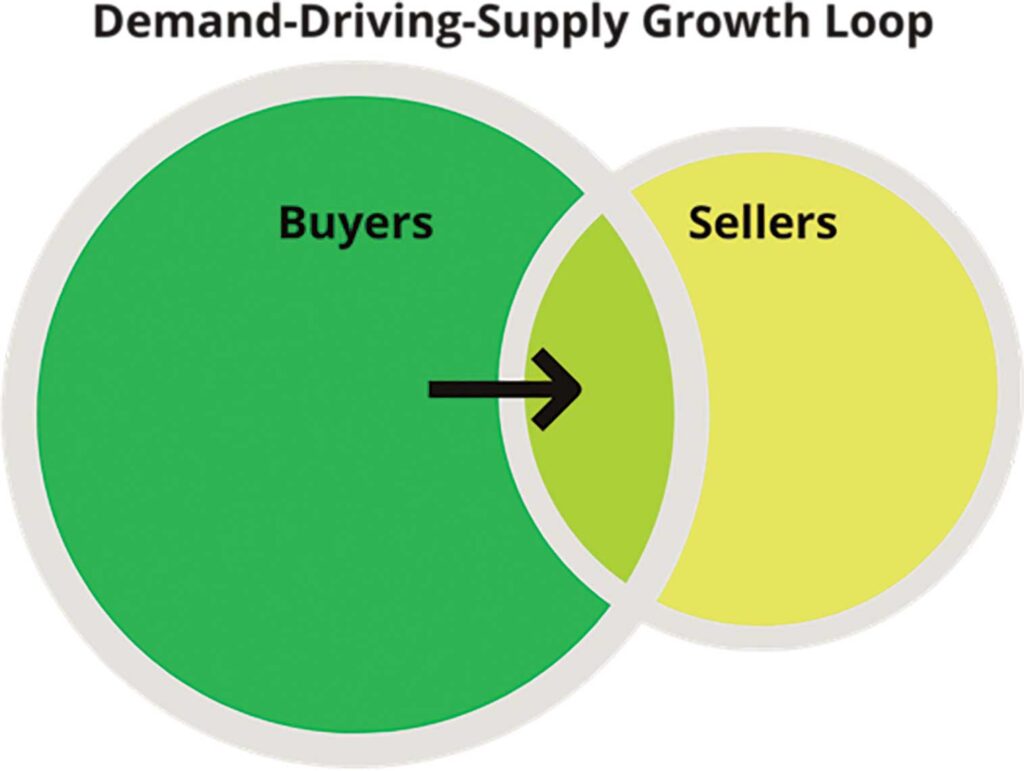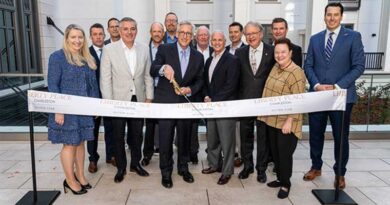Timeshare Developers Weigh Value of Offering Owner-rentals
“Why would anyone buy a timeshare if they can rent instead?” many resort developers ask. We say, “Why wouldn’t they?”
“Why would anyone buy a timeshare if they can rent instead?” I used to hear that adage all the time when I was in sales at the Hilton Club on West 57th Street in New York. Timeshare developers are wary of the rental concept for fear it will impact sales. Yet in a world where Airbnb has a market cap north of $100 billion (give or take a few billion), there’s plenty of evidence that the opposite is true: Timeshare rentals should actually drive timeshare sales. Once owners learn more about timeshare rentals, the question changes from “Why would anyone buy a timeshare” to “Why wouldn’t they”?
The New Owner Growth Loop
Timeshare companies should be benefiting from the same growth loop validated by Airbnb, Uber, and other unicorns: demand driving supply. That’s when a customer engages with the product (demand) and enjoys it so much that they want to become a merchant (supply). Here’s an example:
- Airbnb gets booked by renter.
- Renter loves their stay, speaks to the host, sees opportunity.
- Renter buys a vacation home so they can list it on Airbnb and become a host themselves.
As Brian Rothberg, former VP of Growth at Eventbrite puts it: “A surprisingly large number of iconic billion-dollar-plus companies — including Airbnb, DocuSign, Uber, Lyft, Square, Eventbrite, GoFundMe, and SurveyMonkey — share a unique and little-understood growth loop: demand driving supply.”
Based on this model, a renter should more easily convert to a timeshare owner than someone cold to the product. Despite timeshare being the first sharing economy, that’s generally not the case today. In fact, most “renters” are deemed bad prospects, and the majority of sales and marketing efforts are done through mandatory presentations attached to an extremely discounted stay, or increasingly, through existing owners.
So how can the timeshare industry embrace this growth loop?

Demand Driving Supply
Firstly, the rental should occur through a community of real timeshare owners where the potential customer-turned-supplier can fully embrace the benefits. This would reduce the anxiety associated with long-term financial commitment at the point of sale.
The next part is easier. They must enjoy themselves and see value in the product. Almost all my prospects at West 57th Street loved their stay and many were already members of Hilton’s loyalty program. That said, conversion rates for new prospects renting at full price were still low — especially with younger audiences. It was the concept they were apprehensive about, not the product.
Sharing-economy access is an important missing step in this growth loop. Alleviate the tension around long-term financial commitment and you’ll increase sales dramatically. The growth loop data is irrefutable: Get a substantial subsection of these renters excited about owning and demand will drive supply.

Fueling New Customer Acquisition for Developers
To be fair, timeshare companies are understandably skeptical of allowing owners to rent their own timeshare to guests. Not necessarily for what it could mean for owners, but for what it could do to them. So-called “megarenters” have unfortunately created some issues for the “little guys.” These megarenters are savvy business owners who scoop up cheap timeshares on the resale market, grab desirable inventory, rent it in bulk, and keep all the profit to themselves. No one is really winning here (except the megarenter). But we built KOALA as a platform that makes it easier for the everyday timeshare owner to earn some income from rentals. And if those that should be able to rent their own timeshare actually can, then that leaves less opportunity for the ones who probably shouldn’t.
I am not suggesting one should buy a timeshare with intentions of monetizing it, and most people would find this unsustainable. I am simply stating the obvious: One would be more likely to buy a timeshare knowing they could easily offset their costs if their lifestyle changes in a given year, or for longer. It is my belief — and the data supports it — that peer-to-peer platforms like KOALA will promote the demand-driving-supply growth loop. A few well-equipped and financed megarenters do no more for this growth loop than hailing a yellow cab in New York and asking the driver about their $600,000 taxi medallion. Now think about Uber.
Disclaimer: KOALA is an online platform that facilitates a transaction between a timeshare owner and guest and is not affiliated with any timeshare company or vacation club.
Mike Kennedy is CEO and Cofounder of KOALA, a new timeshare rental marketplace. Before co-founding KOALA, Mike spent over ten years as a top sales executive for Hilton Grand Vacations, where he first envisioned a secure, easy, and ethical way for timeshare owners to rent their unused time. His long-term mission: to transform the way people take vacations.



